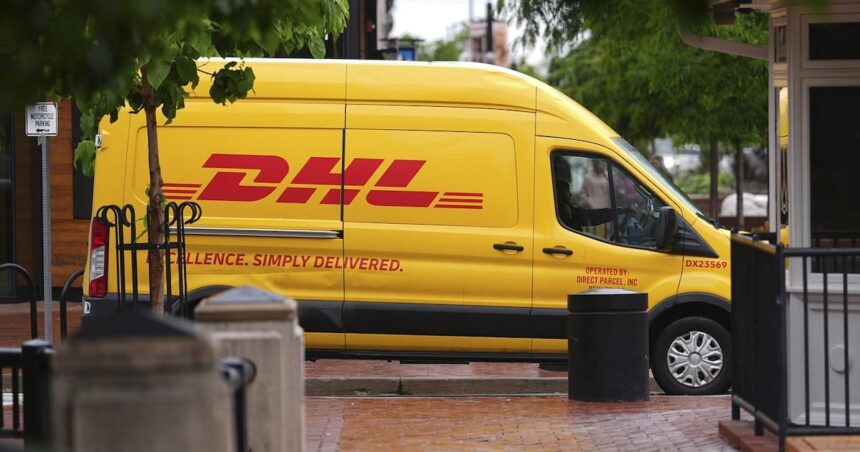The tense standoff between DHL Express Canada and its unionized workers concluded late Tuesday night as both parties reached a tentative agreement, bringing an end to a nationwide disruption that had threatened to cascade through Canada’s supply chains. The breakthrough came after marathon negotiations that extended well beyond initial deadlines, with over 1,200 workers set to return to their posts by Thursday morning.
“This agreement represents a hard-fought victory for workers who stood firm in their demands for fair compensation in the face of rising living costs,” said Unifor National President Lana Payne in a statement released shortly after the deal was struck. “Our members demonstrated remarkable solidarity throughout this challenging process.”
The two-week work stoppage had begun to ripple through various sectors, from manufacturing to retail, as businesses scrambled to find alternative shipping arrangements. According to CO24 Business analysis, several major retailers had already reported delivery delays of up to seven days for premium shipments that typically arrive within 24 hours.
The tentative agreement, which still requires ratification by union members, reportedly includes significant wage increases approaching 19.5% over three years, enhanced benefits packages, and improved job security provisions. Sources close to the negotiations indicated that working conditions, particularly around scheduling flexibility and overtime provisions, were major sticking points that ultimately found resolution in the final hours.
“We recognize the essential role our team members play in keeping Canada’s economy moving,” said Richard Hebert, President of DHL Express Canada. “This agreement balances the needs of our valued employees with the competitive realities of the global logistics market.”
The work stoppage had particularly affected time-sensitive shipments, including critical medical supplies and manufacturing components. Several hospitals had begun implementing contingency plans for specialized medical equipment, while automotive plants reported potential production slowdowns if the strike had continued into a third week.
Industry analysts suggest the resolution comes at a critical moment as peak shipping season approaches. “The timing of this resolution is crucial for both the company and Canadian businesses,” noted Sophia Mendoza, supply chain specialist at Thompson Economic Research. “With holiday shipping volumes beginning to build, a prolonged disruption would have had compounding effects across multiple sectors.”
The dispute highlighted growing tensions in Canada’s logistics sector, where workers have increasingly sought to leverage tight labor markets to secure better compensation packages. Similar labor actions have emerged across North America in recent months as inflation pressures continue to influence wage demands.
Union representatives have scheduled ratification votes for this weekend, with results expected by Monday morning. Operations are already beginning to normalize, though industry experts suggest the backlog may take up to two weeks to fully clear.
As businesses and consumers alike breathe a collective sigh of relief, the resolution raises important questions about the future of labor relations in essential service industries. In an era of increasing supply chain vulnerabilities, how will companies balance competitive pressures against the growing leverage of workers in critical logistics roles?










